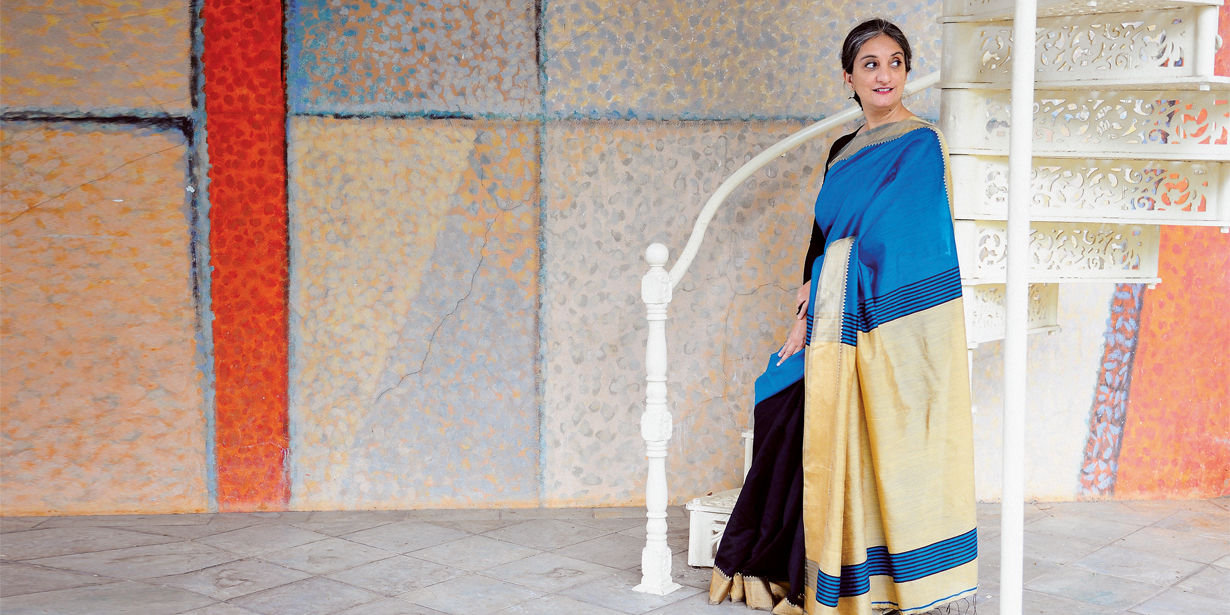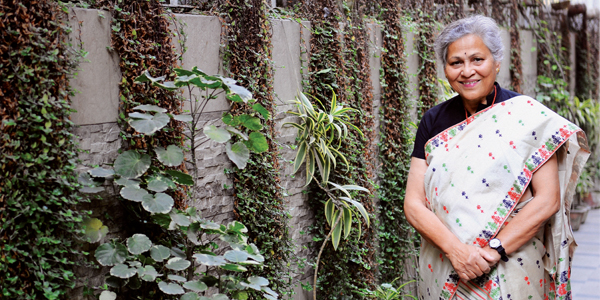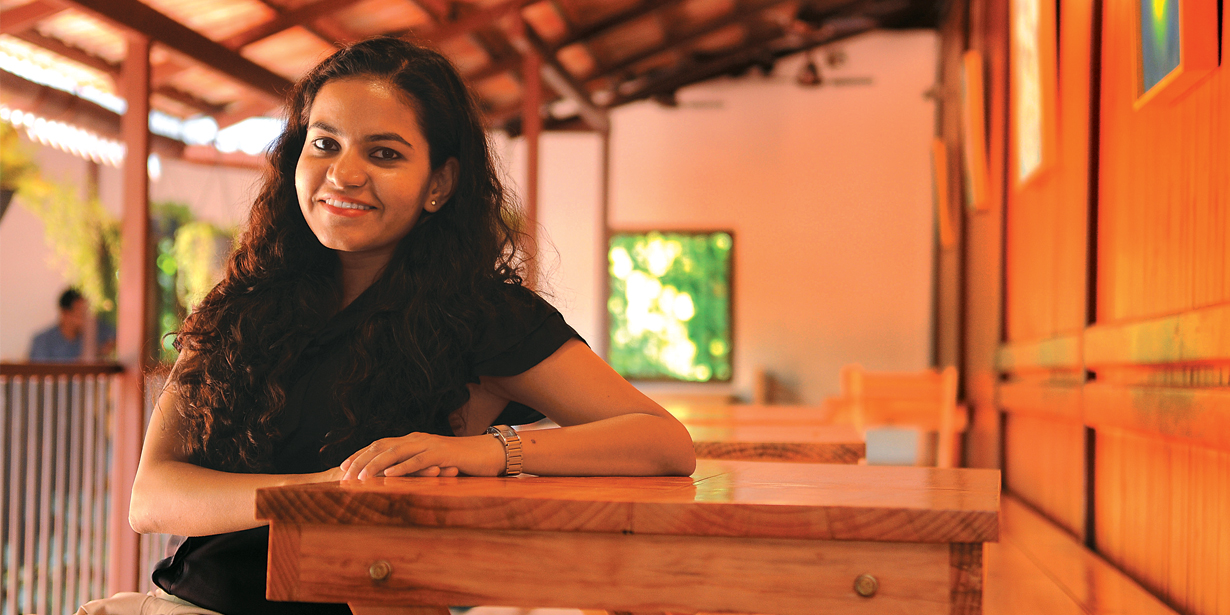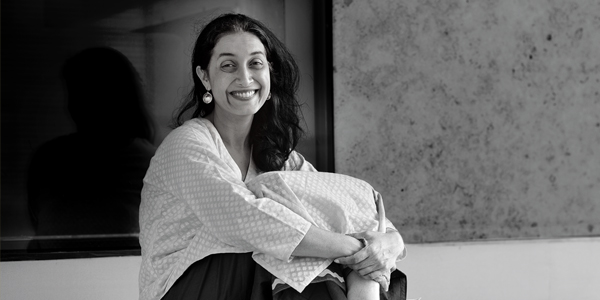Crafter of joy
Daughters of an army man and a sociology professor, the Kadam Foundation co-founders Payal Nath and sister Pooja Ratnakar had interesting childhoods. Hopping and skipping between schools across India was part of being ‘fauji’ kids. It instilled in them an insatiable hunger for challenges. One such hunger, to create change, inevitably led to the launch of Kadam Foundation. It is a venture dedicated to skilling and uplifting rural Indian women, and an effort to sow the seed of entrepreneurship in these women.
The physics graduate from Delhi University (1991) started her career at Madame Phoenix footwear, where she handled design and production till 1998. Around this time, she realised she was touching shoes at a time she wanted to touch lives. Meenakshi Ratnakar, Nath’s mother and idol, gave up a career in sociology after marriage. However, she took her passion to educate wherever Col VN Ratnakar was posted.
Nath proudly explains how her mother selflessly set up schools, often converting poultry farms and stables into classes. Having worked with every material in the footwear business, Nath understood the dexterity required in handicraft and decided to contribute to society through that.
To start her social entrepreneurship journey, Nath moved from Delhi to Kolkata where handicraft has a strong presence. During an exhibition, her work got noticed by the Export Promotion Council of Handicrafts, which hired her as a designer. Project after project, Nath began juggling government assignments across rural east India. She inducted rural women into the handicraft industry and trained them to make sellable products such as hand-woven baskets, block-print sarees, and utensils from coconut shells.
She also handled strategy and planning for the projects and that experience came handy later. Nath noticed that, after a government project was completed, the women crafters had no support to market their products. Nath collaborated with her sister Pooja (a NIFTian) and the two set up Kadam, a handicraft shop, in New Delhi’s posh Hauz Khas area. This was their bid to help work from the villages reach the market.
But how much could a single shop do? To push volumes, Kadam grew into the Kadam Haat in 2009. This series of exhibitions held in Coimbatore, Chennai, Kolkata, New Delhi, and Mumbai offered wider reach and consequently more sales. Today, Kadam’s projects take up to three years — from research to market. However, the women go from earning zilch to as much as Rs. 10,000 per month.
Nath is well-versed in the caste and gender-based hostilities in rural areas. Despite the odds, she claims to have helped 5,000-6,000 women across India. But if you know the lady well, these are humble estimates. About finding purpose, Nath says “It doesn’t matter whether you get happiness from generating revenue or creating entrepreneurs in villages. If you can identify what gives you joy and work in that space, you will be successful.”










